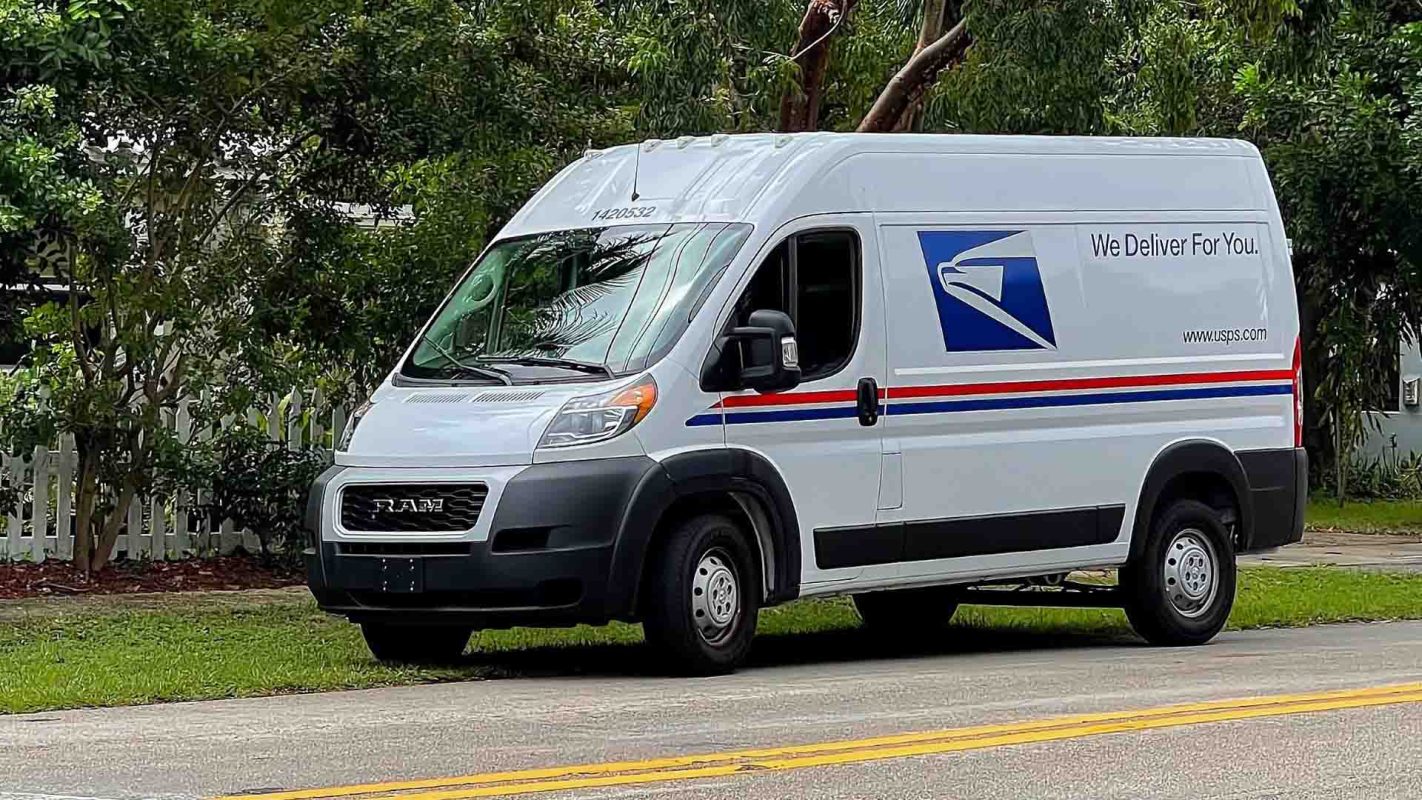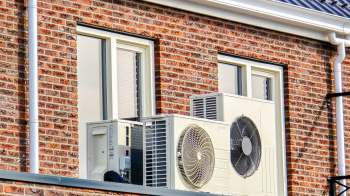In a move that makes your mail a whole lot greener, the United States Postal Service has announced that it will invest in 66,000 electric delivery vehicles between now and 2028 in an effort to curb carbon pollution.
The Postal Service will spend $9.6 billion on this new fleet of next-generation delivery vehicles (NGDVs), and $3 billion will come from the Inflation Reduction Act. The USPS will acquire at least 45,000 electric-powered NGDVs, plus an additional 21,000 electric commercial off-the-shelf vehicles.
All NGDVs acquired after 2026 will be 100% electric. That's a notable increase over the 40% of the 84,500 vehicles that the USPS said would be electric in July 2022.
According to a press release, the USPS currently has more than 220,000 aging vehicles that need to be replaced in the near future, as many of them lack sufficient air conditioning, safety technology, and some contemporary operating requirements.
Transitioning to clean energy, particularly in the world of transportation, is vital as we battle the overheating of our planet from dirty energy sources like fossil fuels. Since the United States is one of the top three polluters worldwide, it's important that governmental organizations like the USPS make the switch to clean energy.
"We have a statutory requirement to deliver mail and packages to 163 million addresses six days per week and to cover our costs in doing so — that is our mission," said Postmaster General Louis DeJoy in a press release. "As I have said in the past, if we can achieve those objectives in a more environmentally responsible way, we will do so."
"While most of the electric vehicle funding will continue to come from Postal Service revenues," DeJoy added, "we are grateful for the confidence that Congress and the Administration have placed in us to build and acquire what has the potential to become the largest electric vehicle fleet in the nation."
Want more? Follow The Cool Down on Instagram and join our Weekly Newsletter for cool stories and easy tips that save you money, time, and our planet.








